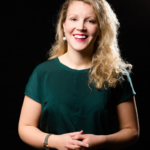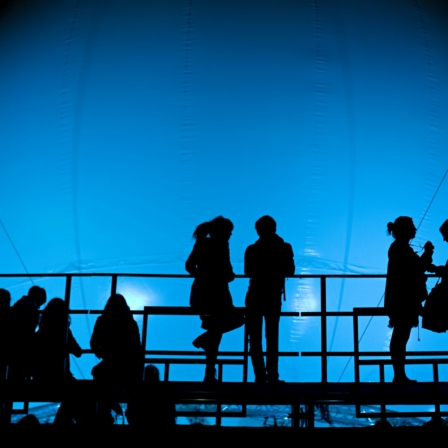“In the face of climate change, everybody is an environmentalist.”
Stewart Brand, Whole Earth Discipline
How will society contend with its future? What are the tools that have served us well in the era we are exiting and that we will carry forward? What new tools will we need to develop, to prosper and to steward the planet? How must the building blocks of civil society transform? What is the future of education?
At Sitra, we have been working hard to develop a serious, thoughtful and feasible future societal model organised around the central theme of “sustainable well-being”. Building on the greatest achievements of the welfare state, the sustainable well-being society will be oriented toward the central aim of human well-being. Planetary limits will form the basis of all human activity while robust systems of human and social capital will be realised alongside more efficient economic and governance models.
So far we have developed six principles with which society can enable this critical transition: addressing well-being in a holistic way; building competencies for a complex world; developing inclusive and adaptive governance; moving to a regenerative and collaborative economy; empowering individuals and communities; and adjusting to planetary boundaries. Our latest writing on these topics is available in our discussion paper.
A structural transition such as this is immensely complex and will touch every sector, organisation and institution. Sitra has already begun this work with its resource efficiency, carbon neutrality and impact investing projects, among many others. And now we are beginning to investigate the relationship between sustainable well-being and education. Last week we concluded our Forum for New Education, which successfully assembled a new cohort of stakeholders committed to renewing education so that Finland becomes “a country where everyone loves learning”. This is a critical first step and helps us all understand what will drive the successful education system of the future.
Our next step begins this week. Sitra is launching a research project that will explore the intersection of sustainability, well-being and education for a globalised society and a changing planet. You can read more here about the project and our upcoming information session for potential writers on 16 June. The contributors do not need to be academic researchers as long as they are able to contribute to an international, high-value publication.
Our analysis suggests that education systems are likely to be significantly altered by megatrends like improving technology and the need for sustainability, which when taken together are among several forces driving a larger ecosystem of trends, all of which are pushing and reshaping education and changing many of the underlying conditions that have made it a relatively stable enterprise since the 1970s. Do our school systems have the capability to renew themselves in order to adapt to rising complexity in society which affects every sector of life from job markets to family relations? A larger question is how will a system that is so stable, coherent and critical change? As professor Jari Salminen from the University of Helsinki told us: “Even revolutions are not very good at changing schools!”
The primary research question for this research project is: How do we enable students, schools and communities to become the building blocks of a new societal model organised around sustainable well-being?
For societies facing imminent challenges, the purpose of education is often crystal clear: to enable the next generation to overcome and prosper. For societies that have achieved success, the utility of education is often less clear. This research project will gather insights from multiple fields to help inform the global debate about the purpose and future of education for a changed world.
Education systems in Finland and North America differ from each other significantly, but are affected by the same megatrends and face similar challenges related to defining the purpose and role of schools and education more clearly.
We believe Finnish and North American education systems can learn from each other: not by imitating, but in terms of contextually-specific and effective responses to emergent traits within the populations they serve. Schools in North America have long experience of diversity in schools. Finland has long been seen as a homogenous country where children in classrooms have fairly similar socioeconomic backgrounds. But this is changing. In the Helsinki region and other parts of the country, diversity is increasing in many dimensions and we need to have ways of successfully working with increasing diversity. In Finland teachers have tremendous autonomy, one of our system’s special characteristics. Meanwhile teachers in the US especially struggle with ongoing assessment and evaluation processes, which tend to affect the teaching and learning, morale and student engagement.
“The defining challenge of the 21st Century will be to face the reality that humanity faces a common fate on a crowded planet.”
Jeffrey Sachs, Commonwealth
So, this project will bring together a new international group of thinkers to examine the future of education. Sustainable well-being helps to point the way forward. Our common fate and constrained resources, but also unprecedented innovation and opportunity, will be our lens. If you would like to join us, please get in touch.




Recommended